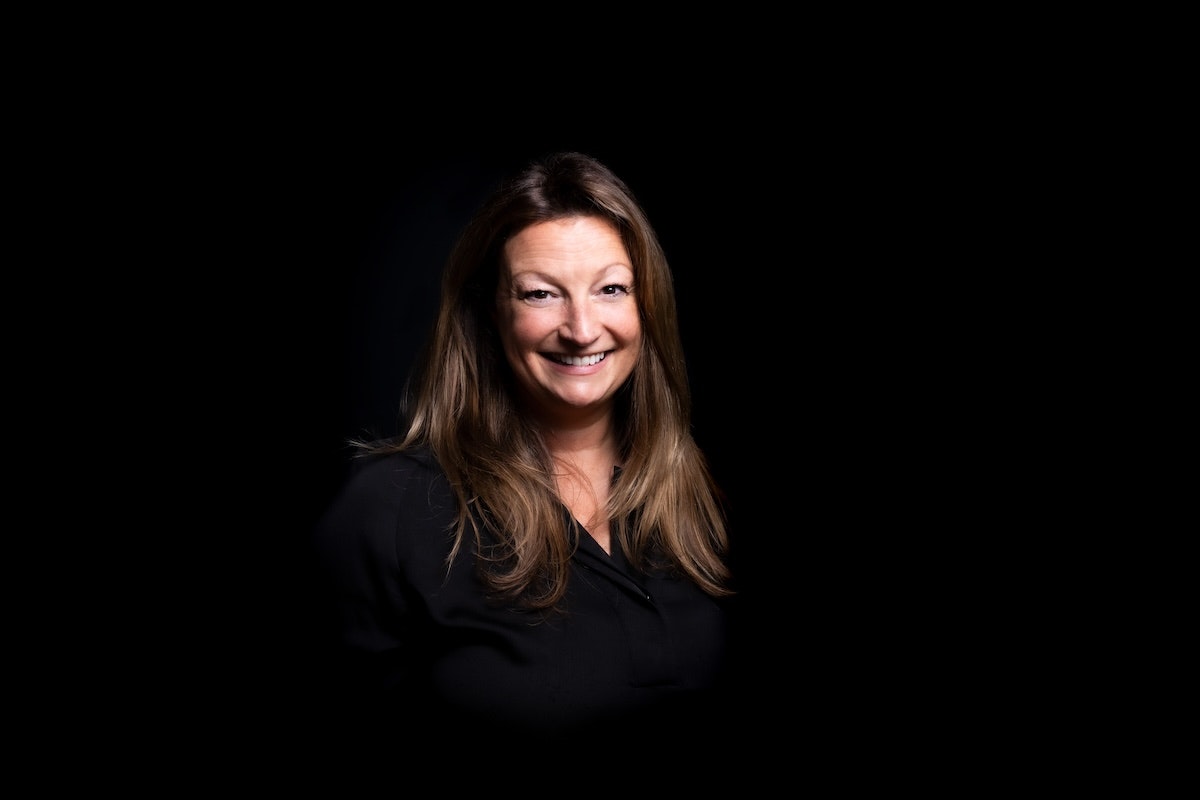It is a truth universally acknowledged, that an entrepreneur in possession of a healthy fortune must be in want of a coach.
Big business names from Richard Branson to Bill Gates have used coaches to get to, and stay at, the top. And demand for business coaching is skyrocketing — the industry is expected to grow 10x to $27.5bn by 2026 from what it was in 2020.
But as it’s boomed, coaching has come under criticism for being an under-regulated sibling of the therapy industry, where practitioners lack the rigorous training needed to deal with complex emotional challenges.
And obviously not every leader is content to simply get the same old motivational speeches and frameworks to perform better. Might vibrational energy be a better metric to boost performance? Or could an understanding of team members’ zodiac signs be the key to unlocking company growth? How is the Age of Aquarius affecting your business?
Welcome to the world of the alternative business coach.
The 'Face Whisperer'
On the face of it, Kim-Adele Randall might not seem like someone offering an outside perspective on the corporate world.
She’s held high-ranking positions at organisations like Barclays and AXA Insurance and served as a council member of the UK’s Institute of Directors. But today she’s coaching CEOs, founders and investors using a somewhat controversial psychological technique from the 60s known as “microexpressions” to tell what people are really thinking and feeling.
“Irrespective of our age, race, gender or culture, we use the same combination of 43 muscles in our face to demonstrate the same seven human emotions,” Randall explains.
The theory states that these seven emotions — happiness, sadness, anger, disgust, contempt, fear and surprise — are constantly being betrayed by our faces and, with training, microexpressions that last 1/25 of a second can also be read.
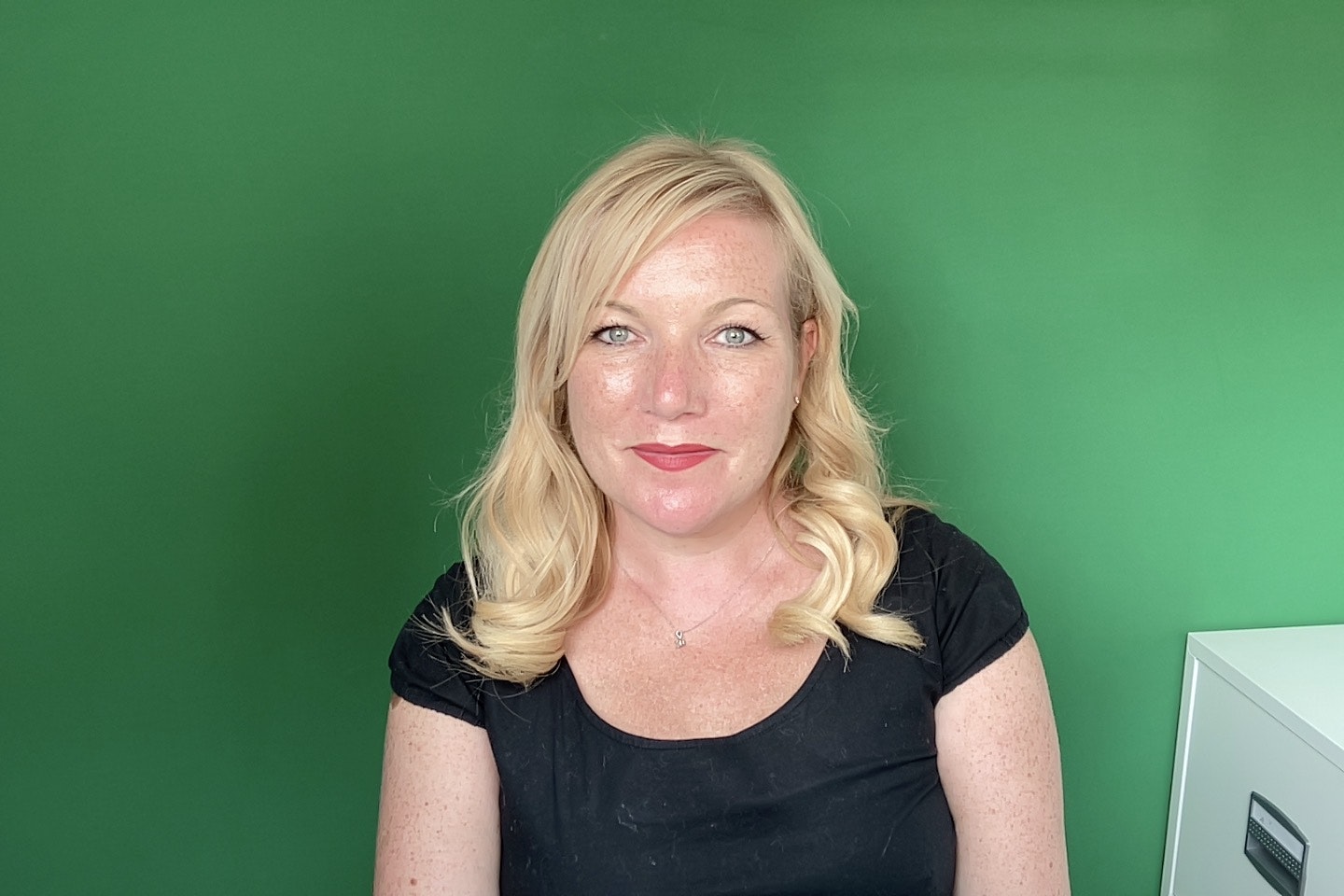
She’s now using this technique to coach investors to read the faces of founders and CEOs looking for investment, and says it can be used to help tell when people are nervous, or even lying, about their business.
“Once you know what you're looking for, you can say, ‘Do you want to know the parts of that person's pitch where they're anxious?’” Randall claims. “The closest one you're gonna get to somebody lying to you is disgust. We're all taught that it's wrong to lie so, even though we might be choosing to lie, there's an element that emotionally we're a little bit disgusted with ourselves.”
But does teaching this technique run the risk of encouraging investors to oversimplify the complex human condition, and draw conclusions about people based on hard-to-define visual cues? Some psychologists have certainly questioned the reliability of reading microexpressions, calling the technique a “dangerous pseudoscience” that doesn’t really help us detect deception.
Randall says that she teaches clients to “never assume” something based on microexpressions, but that they should be used as cues to dig deeper and “ask better questions” in the investment room.
Low vibrations
She’s not the only one drawing on left-field theory to inform their coaching practice. Not long into a Zoom call with Marcus Druen, a “transformational leadership coach” who integrates psychedelics into his practice, he pulls up a chart showing something called the Hawkins Scale.
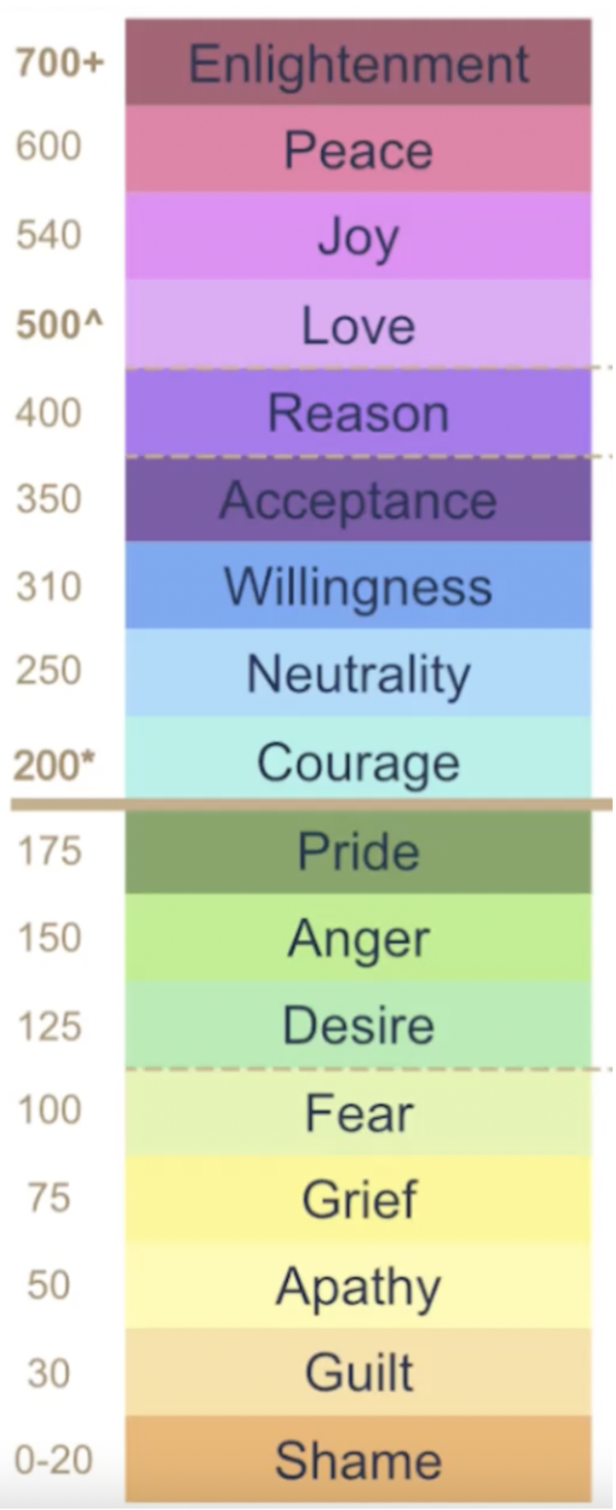
This chart — created by psychiatrist and spiritual researcher Dr David R Hawkins — maps out 17 levels of human consciousness, ranging from shame to enlightenment.
Druen says that he likes to work with clients who want “to transform themselves, to then really change the system” and that understanding the importance of these low vibrational frequencies can be key to making that change.
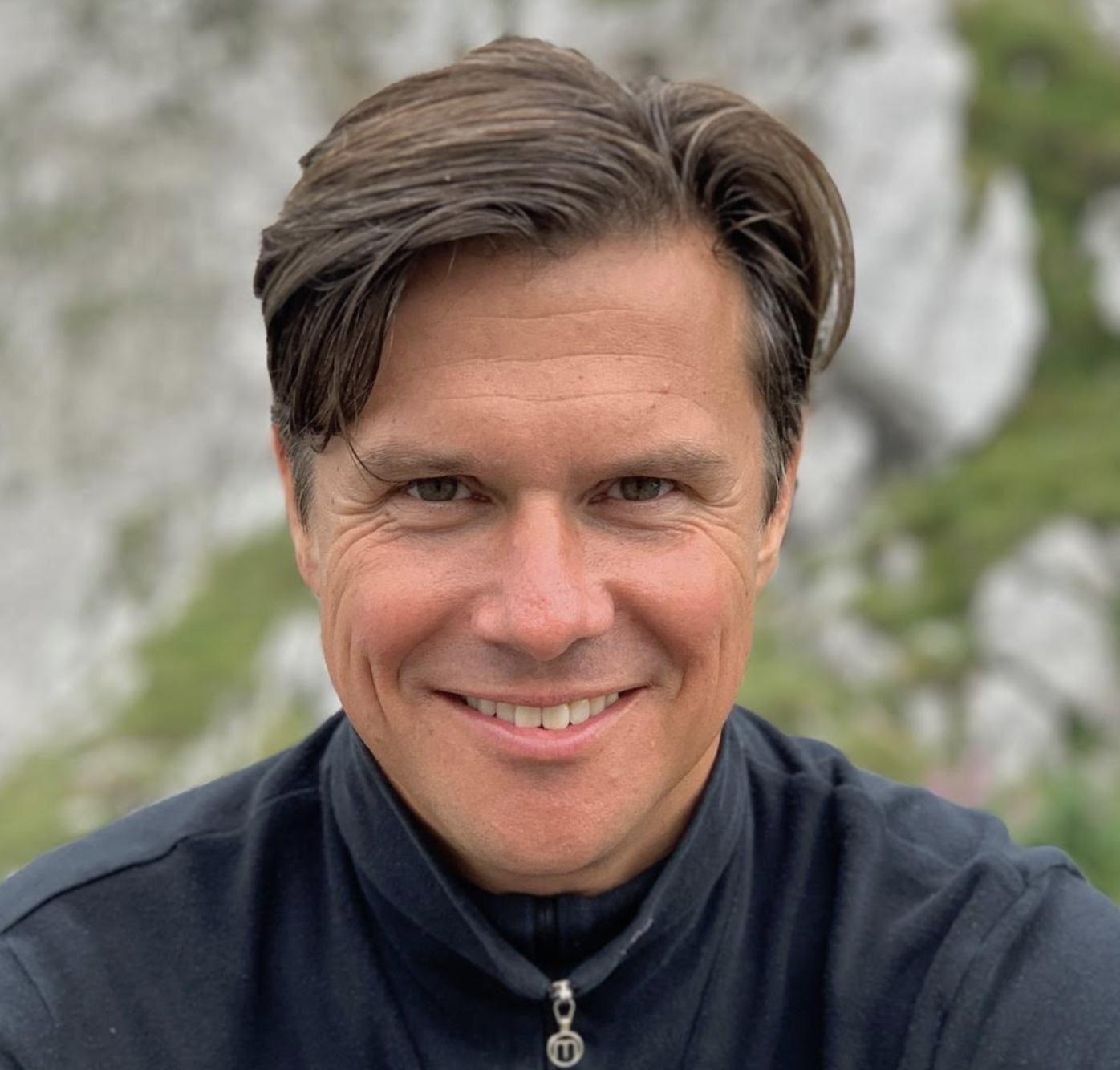
“You want to have an expanding relationship with your peers, or your boss or your employees? Yet you show up at work with a lot of fear, grief, apathy, or maybe even guilt and shame — which are very low vibrational frequencies? You cannot expect this relationship that you are co-creating with this energy to be expanding,” he says.
The psychedelic concierge
More recently, Druen has started incorporating psychedelics into his coaching practice.
While he doesn’t administer the substances himself, he says he sees himself as a kind of “psychedelic concierge” who helps clients prepare for psychedelic experiences, and integrate those often profound moments into their lives.
“It's definitely a modality that helps 'Type A' business people to let go. It gives them an experience where you just have to surrender to the medicine,” Druen says. “For anyone who has taken macro [a large dose of] psilocybin or ayahuasca, if you try to control your experience, the medicine will show you who's in charge… It's like, ‘Wow, there's actually something bigger than me.’ And that's why I work with psychedelics and business people.”
He’s now launched an initiative that he calls the “Psychedelic Map For Change”, which offers clients a broader framework for their journey with psychedelics, incorporating practices like breathwork and therapy from trained professionals as well.
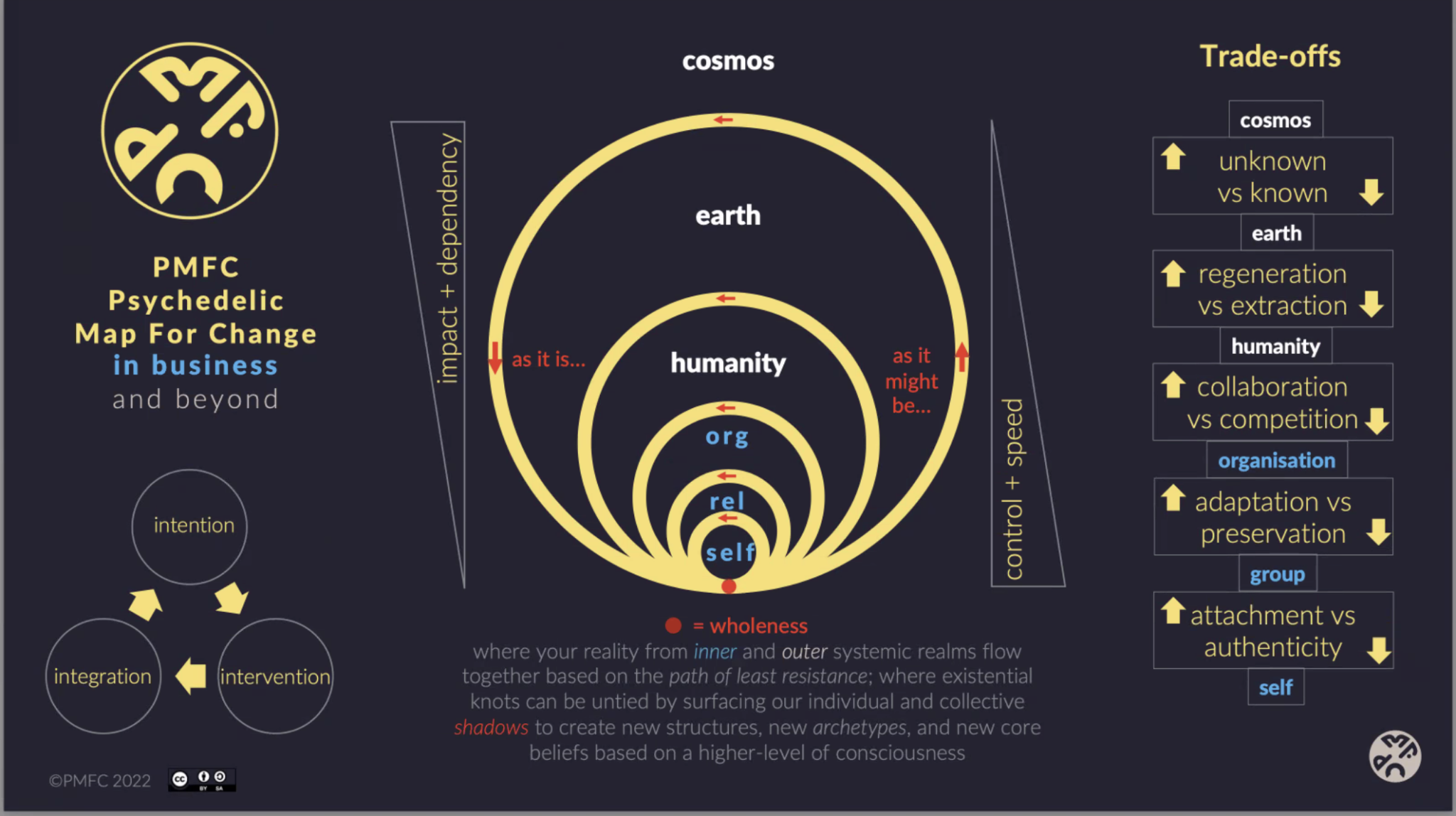
And while psychedelics may not be for the faint of heart, Druen’s coaching is not for the shallow of pocket: “One client we started working with in May, he's not even halfway through — they tend to be longer engagements. If you want to work with us for a year, we're talking easily 10 to 20 grand, because it's deep work that you're doing.”
Cosmic coaching
Druen describes his work as sitting somewhere in the space between “clinical, recreational and shamanic” uses of psychedelics that he hopes will help clients to change their cosmic worldview.
Another coach that’s bringing a celestial perspective into the business world is Georgi Karamihaylov. As well as using “energy flow” techniques in his coaching, he’s the author of a book titled “Corporate and Community Shaman in the Age of Aquarius”, which aims to “prepare the managers of the future for the generation that is coming”.
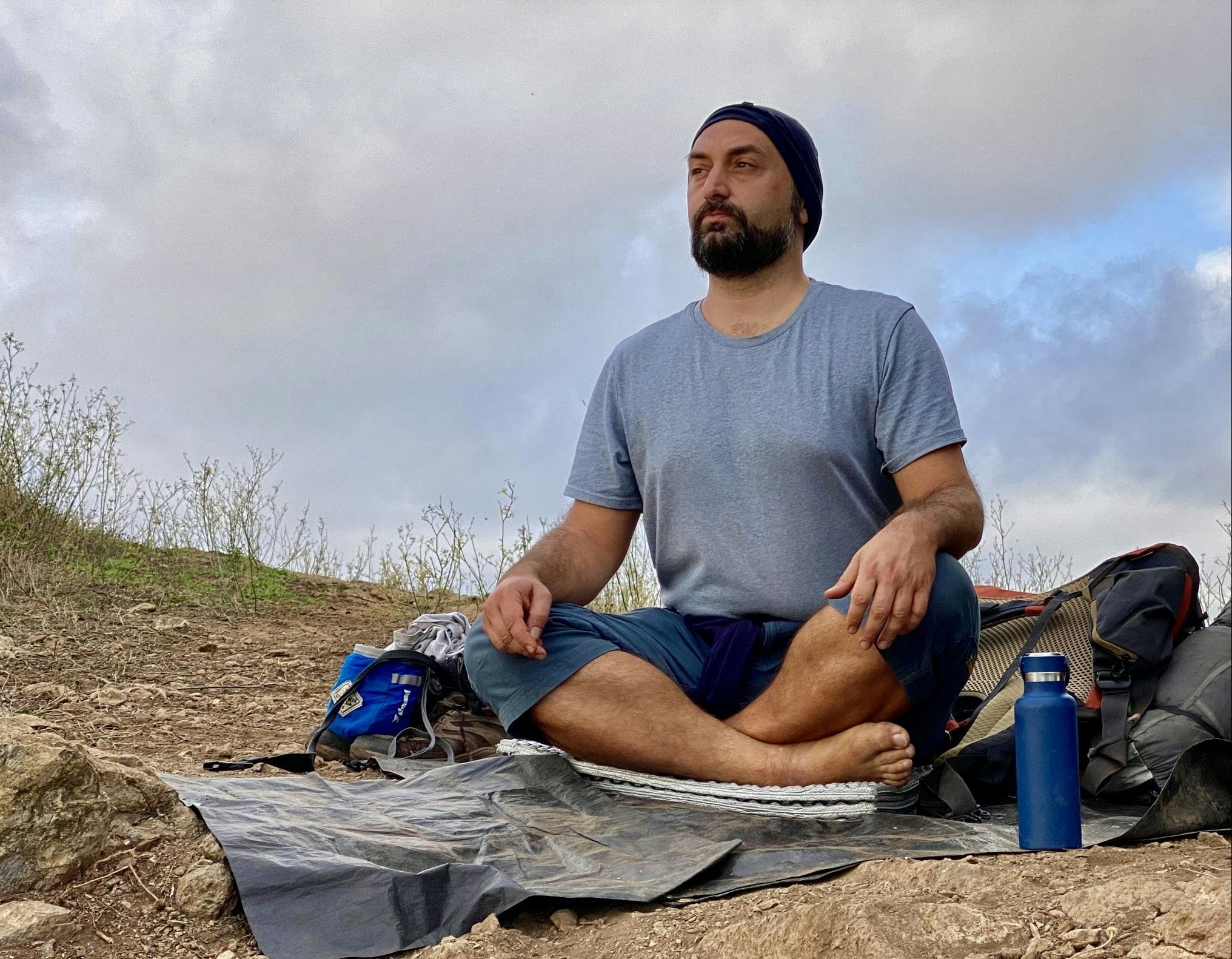
Karam tells Sifted that the Age of Aquarius — a concept from astrology that describes a new age humanity is moving into — is already having profound effects on the business world.
“The Age of Aquarius is totally changing the whole hierarchy of organisations. Even if the people don’t want to hear it, it will happen,” he says. “The shift is obvious. We're going into a world where material objects have less value, but what has value is energy and information.”
Karam says that this shift is evident in the rise of things like the sharing economy, and platforms like Airbnb where the company doesn’t necessarily have to own the assets that its users enjoy.
And while he accepts that it can be a “dangerous topic”, as too many people reduce astrology down to daily horoscopes in the tabloids, he believes that the zodiac can be a powerful tool for business people.
“What I will do in an organisation is to teach astrology more in terms of understanding it as experience,” he explains. “Then, for example, you can understand why your colleague, who is Aries, is so passionate and is always showing off. Then you will get into the energy of water with people who are Pisces, Cancer or Scorpio, then you understand why these people who have this energy are more introverted.”
Karam says that, ideally, this coaching work will involve analysing the birth charts (a map of the sky from the place and moment you were born) of as many people in the organisation as possible.
He even goes as far as to encourage founders to consider the celestial movements before they found a business, as the time and place when an organisation is launched will affect the birth chart of that company: “When you found a company, the day is super important, you don't just do it. Consulting with an astrologist is absolutely recommended at this moment.”
Crossing the line
How much stock you put in the celestial order when making business decisions is obviously pretty dependent on your worldview.
And while Karam says he’s spent years training in energy practices, he doesn’t pretend to be an independently qualified coach: “I decided to do it my own way. Why should I pay so much [for a course] for someone's methodology when I'm more than 20 years into yoga, martial arts or alternative healing?”
Randall and Druen, meanwhile, are both independently accredited, but the huge difference in their practice styles just goes to show how diverse the coaching profession has become today.
For Randall, the most important thing is to know when coaching begins to cross over into more serious issues that a trained therapist should be dealing with: “As a coach it's absolutely our role to signpost when actually it's crossed the line, and they might be better placed to to speak to a different professional.”



